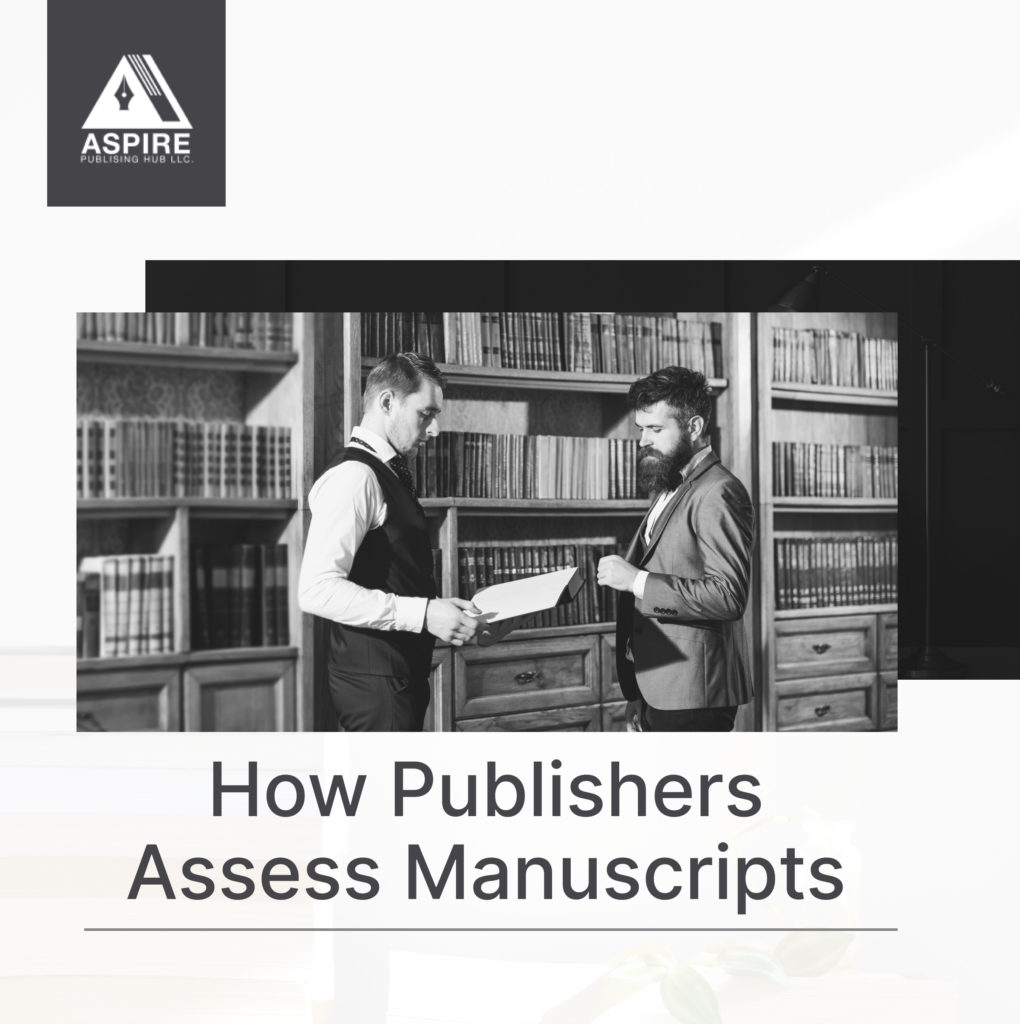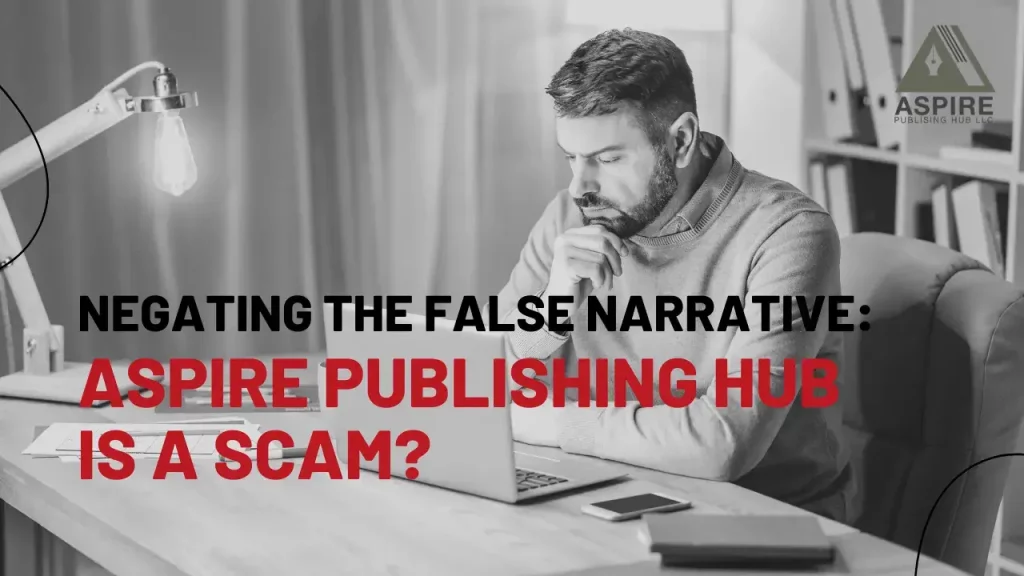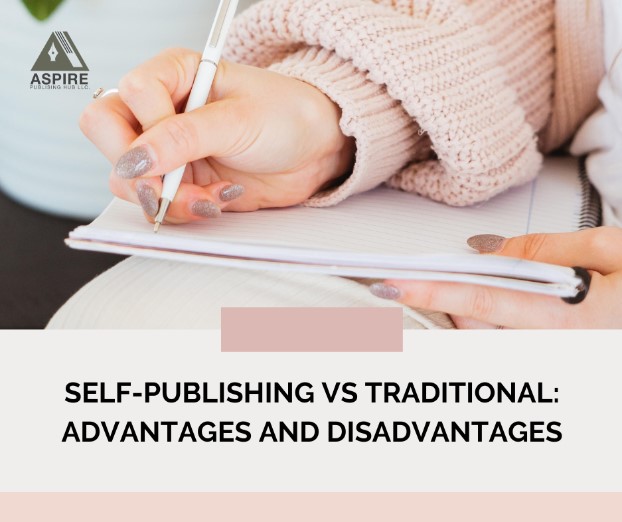For aspiring authors, understanding the publisher’s evaluation process is crucial in navigating the publishing industry successfully. Publishers receive numerous manuscripts regularly, and each undergoes a careful evaluation before a decision is made. In this article, we will delve into the key steps and considerations involved in the publisher’s evaluation process, shedding light on what publishers look for and how they assess manuscripts.
The Submission Stage
The publisher’s evaluation process begins with authors submitting their manuscripts for consideration. Manuscripts are typically submitted through literary agents or directly to publishers, adhering to the specific submission guidelines outlined by each publisher. These guidelines often include formatting requirements, genre preferences, and submission materials.
Initial Screening and Acquisition Editors
Upon receiving manuscripts, publishers employ a team of acquisition editors responsible for the initial screening process. These editors review the submissions and assess their potential suitability for the publisher’s list. They evaluate factors such as genre fit, market trends, and the publisher’s current needs and goals. Manuscripts that align with the publisher’s focus move forward in the evaluation process.
Manuscript Review and Assessment
Selected manuscripts undergo a comprehensive review by a team of professionals within the publishing house. This team may include editors, literary scouts, and other industry experts. They assess the quality of the writing, the strength of the plot and characters, the clarity of the narrative, and overall storytelling abilities. Manuscripts that exhibit promise and meet the publisher’s standards proceed to the next stage.
Marketability and Commercial Viability
Publishers consider the marketability and commercial potential of a manuscript during the evaluation process. They evaluate the target audience, genre appeal, and market trends to determine if the manuscript has the potential to resonate with readers and generate sales. Publishers seek manuscripts that have a unique hook, a compelling premise, and the potential for broad appeal.
Editorial Considerations
During the evaluation process, publishers assess the manuscript’s editorial needs. They consider whether the manuscript requires substantial revisions, copyediting, or proofreading. The editorial team evaluates the author’s writing style, the coherence of the narrative, and the overall potential for improvement through the editing process. Manuscripts that require minimal editing or showcase strong writing receive favorable consideration.
Decision-Making and Contract Negotiation
After a thorough evaluation, publishers make their final decision regarding manuscript acquisition. If a manuscript aligns with the publisher’s vision and passes all evaluation criteria, they may extend an offer of publication. This offer includes a contract outlining the terms and conditions of the publishing agreement. Contract negotiation may occur between the publisher, author, and literary agent to ensure a mutually beneficial arrangement.
Conclusion
The publisher’s evaluation process involves a meticulous assessment of manuscripts to determine their market potential, writing quality, and alignment with the publisher’s goals. From the initial screening to the final decision-making and contract negotiation, publishers seek manuscripts that are well-written, marketable, and have the potential to captivate readers. Understanding the publisher’s evaluation process can help authors navigate the submission and publication journey more effectively.
FAQs
What happens if my manuscript is rejected during the evaluation process?
Rejection is a common occurrence in the publishing industry. If your manuscript is rejected, it does not necessarily mean your work lacks merit. Consider seeking feedback from trusted beta readers or industry professionals to improve your manuscript before submitting to other publishers.
How long does the publisher’s evaluation process typically take?
The duration of the evaluation process can vary greatly depending on the publisher’s workload, the number of submissions received, and the thoroughness of their review process. It is advisable to research individual publishers to get an idea of their average response time.
Do publishers provide feedback on rejected manuscripts?
While some publishers may provide feedback on rejected manuscripts, it is not a standard practice. Publishers often receive a high volume of submissions, making it challenging to provide detailed feedback to every author. However, you may occasionally receive brief feedback if your manuscript shows potential but does not fit their current needs.
Can multiple publishers evaluate the same manuscript simultaneously?
Yes, it is possible to submit your manuscript to multiple publishers simultaneously. However, it is essential to inform them if you receive an offer of publication from another publisher. Each publisher may have specific guidelines regarding simultaneous submissions, so be sure to adhere to their requirements.
What should I do if my manuscript is accepted for publication?
If your manuscript is accepted, carefully review the publishing contract and negotiate any terms if necessary. Seek legal advice or consult with a literary agent to ensure you understand the terms and conditions of the agreement before signing.



